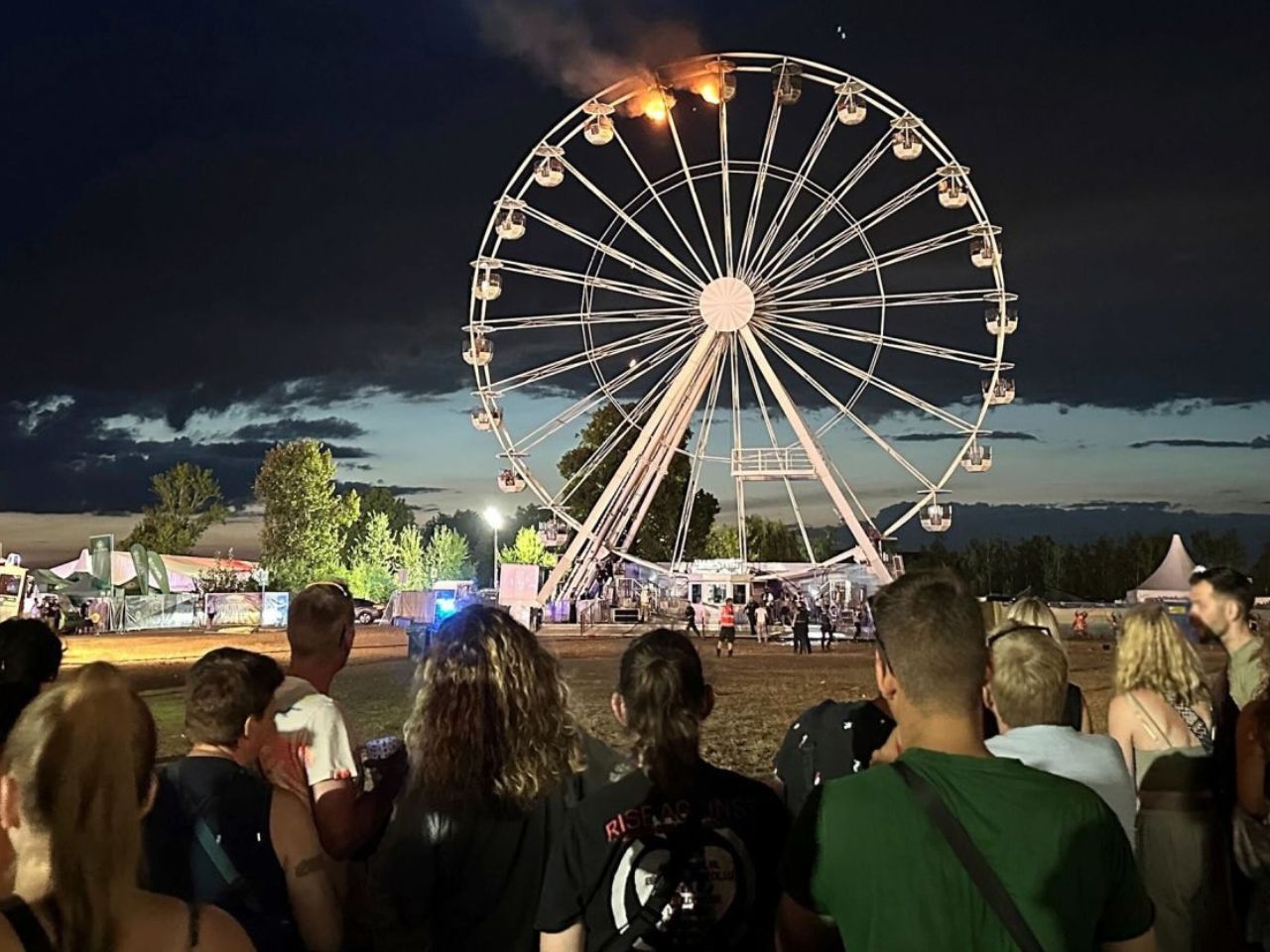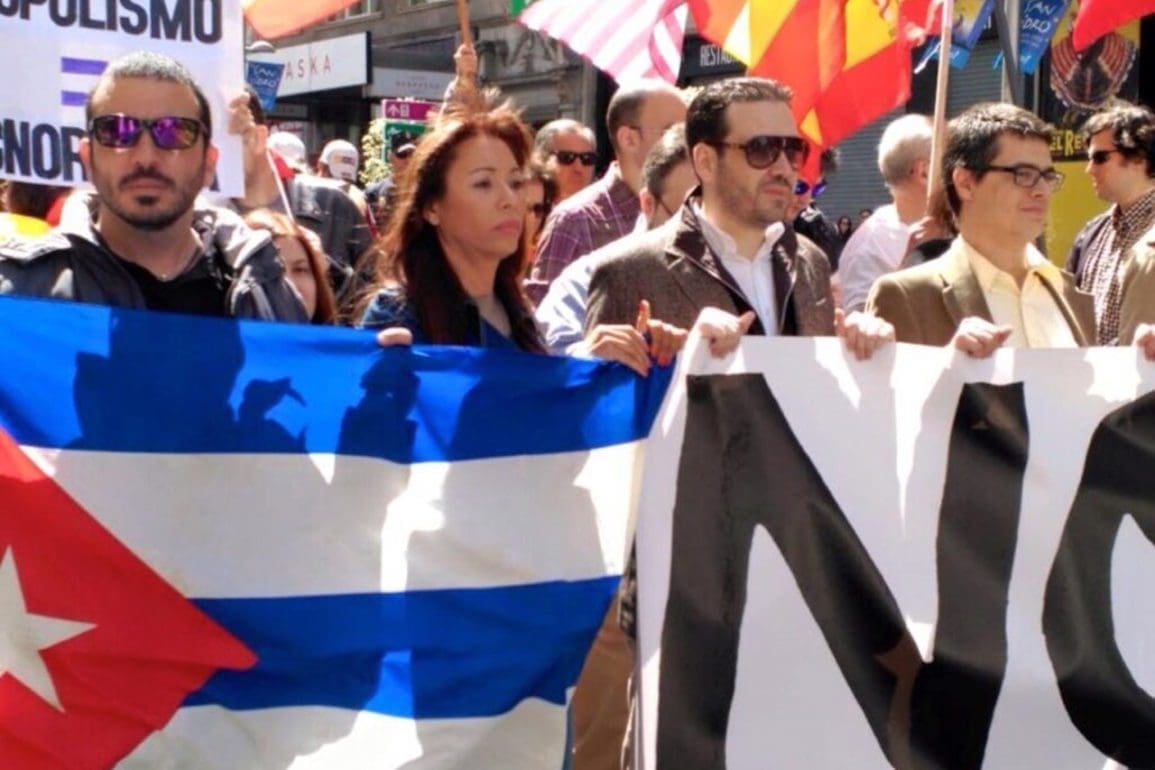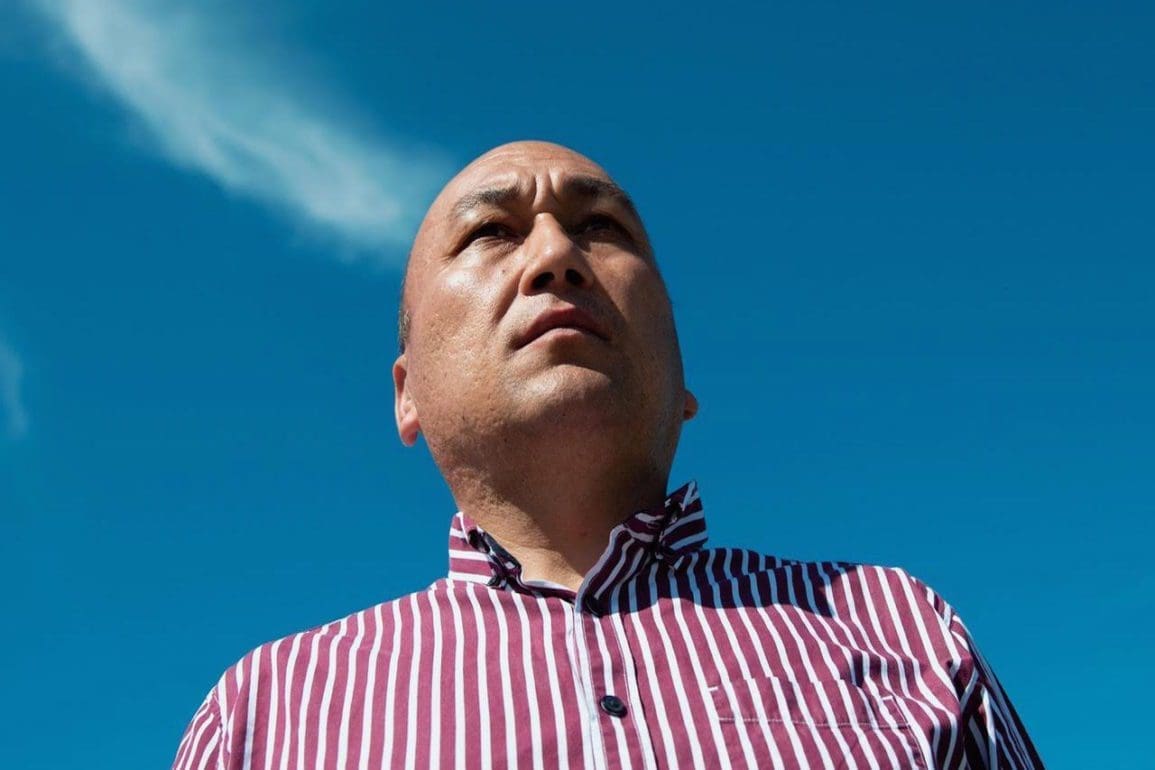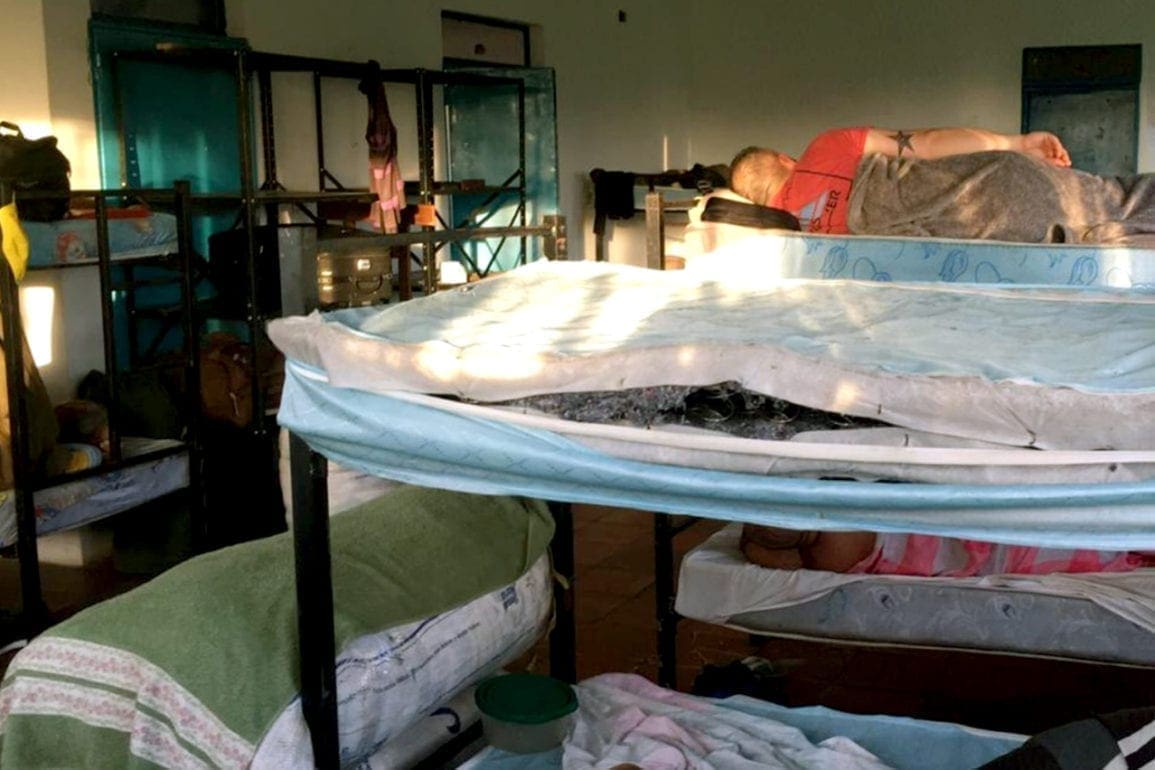Mapuche woman speaks out about raid, arrest of indigenous women in Argentina
As I inhaled the tear gas, a sudden swarm of state agents and security forces surrounded us. The tear gas fired at the “machi” or spiritual leader’s house caused her wood stove to explode as she stood nearby with her baby and three-year-old son. I became paralyzed by fear in the face of such a sudden and brutal attack.
- 3 years ago
December 6, 2022
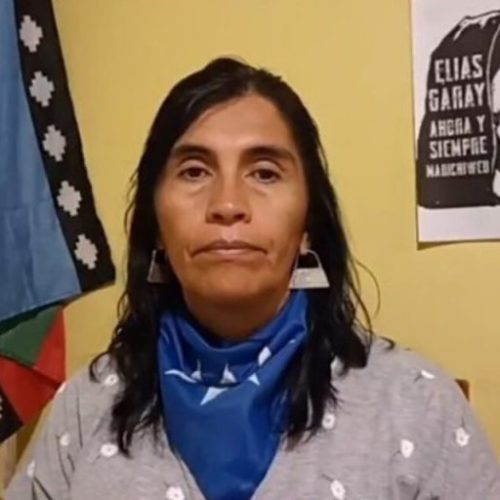
BUENOS AIRES, Argentina ꟷ On October 4, 2022, 250 armed troops from the Unified Command in Argentina descended on the indigenous Mapuche community known as Lof Laken Winkul Mapu. They destroyed everything.
I went to Villa Mascardi that day to take part in a ceremony at the sacred altar with some of the children. [Villa Mascardi, according to the State, is private property. However, the Mapuche people contend it is their ancestral land. Negotiations with the State failed but the Mapuche remained in the village.]
Read more indigenous stories at Orato World Media.
During the ceremony, we suddenly heard shots fire out. The older children ran, but the rest of us stayed. The authorities hit us with tear gas. As it filled up the room, we struggled to breathe. The younger children and babies cried out as we desperately tried covering them with our arms.
We felt like hunted animals. The Unified Command detained five women that day, two of whom had babies still breastfeeding. They also detained Romina – a woman who, at 40 weeks pregnant, was about to give birth. She has since delivered her baby in detention. [The government detained at least 12 people on October 4th.]
Indigenous women arrested, photographed, and filmed
As I inhaled the tear gas, a sudden swarm of state agents and security forces surrounded us. The tear gas fired at the “machi” or spiritual leader’s house caused her wood stove to explode as she stood nearby with her baby and three-year-old son. I became paralyzed by fear in the face of such a sudden and brutal attack.
Up to that point, our community had been in dialogue with authorities to resolve a conflict regarding our ancestral lands. [According to CNN, indigenous peoples occupied the area while demonstrating for better treatment when the raid occurred. The Buenos Aires Times reported a “large security operation was deployed by the authorities to evict occupiers who had seized the territories.”] With a judge backing down from ruling on our behalf against the National Parks, authorities decided to act swiftly, through violence, to take us into custody. At no time upon our arrest could we speak with lawyers, nor did we receive any procedural guarantees.
I asked loudly, between desperate shouts, about our rights. Authorities held us immediately after, with no communication, but we maintained our right to speak with council. In a nervous state and feeling like an absolute wreck, I finally spoke to an attorney. In custody, they searched us many times, photographed us, and the PSA or Airport Security Police even filmed us.
Three officials entered as we went to the bathroom, filming us and exposing us to demeaning experiences. At that point, authorities still did not divulge the accusations against us. They later transferred four of us to Ezeiza Prison in Buenos Aires. The pregnant woman and the two breastfeeding mothers remained detained at Bariloche PSA.
While court dismisses charges against some, trauma remains
I boarded a plane to prison without knowing where I was going. My mind wandered to my ancestors who experienced conquest in the desert. Taken on foot, chained and shackled, they must have felt like I felt. I looked down at my handcuffs, uncertain of my destination, and the entirety of my ancestral struggle became present. I experienced great pain and uncertainty.
My imprisoned ancestors went to Martín García Island, where captors separated them from family. I felt as though I relived their history of indigenous genocide. I also recalled in that moment the last dictatorship in Argentina and how the military handled people with a different concept of the world.
During my flight to prison, the authorities said things like, “Collaborate and we can do this faster,” or, “You will find out when we get there.” By keeping me in the dark, I understood that they sought to inflict fear on me. They could have easily said where we were going.
At times I did feel afraid of the uncertainty, but anger also arose inside of me. Eventually, the court accused me of arson, usurpation, and resistance to authority. Ironically, the court subsequently dismissed all the charges against me. When I left prison, I went to Trelew, a city on the easter peninsula in Patagonia, where I remain today.
Human rights lawyers step in, Mapuche people demand release of political prisoners
While the authorities released and dismissed the charges against most of us, two of our seven sisters remain under arrest. Four others continue under preventative home detention. Until very recently, lawyers had no access to our files. Today, we request the government return our machi or spiritual leader. We also demand the release of the Mapuche political prisoners under house arrest with their children in a shared community space called Ruca Mapuche.
We denounce the handling of our transfer to Ezeiza prison, the charges of usurpation, and the five days which passed before we could speak to the accusations against us. As an indigenous person, I feel the system treated me like a second-class citizen, unworthy of procedural guarantees. They speak of private property rights in relation to our ancestral land, but we speak of the elementary human rights of our people and the racism perpetuated by the state.
Human rights lawyers helping us point to the unusually long time period of our arrest for a charge like usurpation. In cases like this, an investigation typically ensues. It does not trigger the kind of arrest we experienced. No logic can explain why they arrested us that way, or why women remain in detention.
The judge expressly said she keeps our women imprisoned so they do not return to Villa Mascardi. She also says she does not accept our claim to the land because she has transferred the jurisdiction to the National Parks.
Indigenous people call out the state for cowering to private interests like mega mining
While the National Parks remains a State agency, signs appear for sale of the land. How can they be in charge of state discourse on sovereignty while being in the real estate business? The Mapuche people want to defend life and water from extractive companies; to live a certain way. Yet the deals made with these businesses, magnates, and landowners make the agency a puppet in our eyes.
We see other people trying to negotiate territories where water interests exist; where people are trying to stop large-scale mega mining. My people do not want these interests to exploit and dynamite the land, but we fear they are coming for everything – the land and the water.
The Mapuche-Tehuelche communities stand up to protect the territories so the Unified Command persecutes us. They ignore national laws, international treaties, and they dismiss our talks of sovereignty. The politicians meet with and favor wealthy landowners while creating an image of us as terrorists. How are we terrorists for defending the destruction of the forest from industry or because we have a different worldview?
Ironically, the Command hit us and our children with tear gas and a brutal arrest only a few days after the State commemorated the country’s National Day of Respect for Cultural Diversity. Until the Argentine state acknowledges the genocide of indigenous people during the Campaign in the Desert, we reject these commemorative dates. In 2022, they continue to call us usurpers. Not much has changed since 1880.
Children haunted by the sights and sounds of the raid
As a people, we dream of reclaiming our territory where we can exercise our spirituality. We dream of a day when governments stop criminalizing us for our way of life and our worldview. An awakening is happening, and it will not stop. The young people – our children – recognize their identity. They understand that the machi, whom the State is holding in prison, is a channel for our ancestral spirits.
In other countries, much smaller than Argentina, people live together in a multinational state. In Argentina, they want homogeneity. They want to deny our identity. What we want is to be able to talk, exchange views, respect one another, and share our worldview without oppression.
Today, in 2020, there is a Mapuche baby born in captivity as the result of our arrest. Think about that. We have meaningful rituals we cannot complete. When a baby is born into the Mapuche community, we bury the placenta in the territory. We cannot do that.
Small children have now lived through this entire situation. They experienced cruelty, mistreatment, and persecution in the bush just like our ancestors. They heard the barking dogs and saw the helicopters swarming – all because we demand our rights and a fair process. [NGO’s say the rights of Argentina’s indigenous people are enshrined in the constitution and the government is failing by not facilitating an inclusive negotiation process.]
Now we have children in captivity with their mothers, and the children evicted from the village keep asking, “Why can’t we go home?”
Click here for the full newscast by DW News.



















































